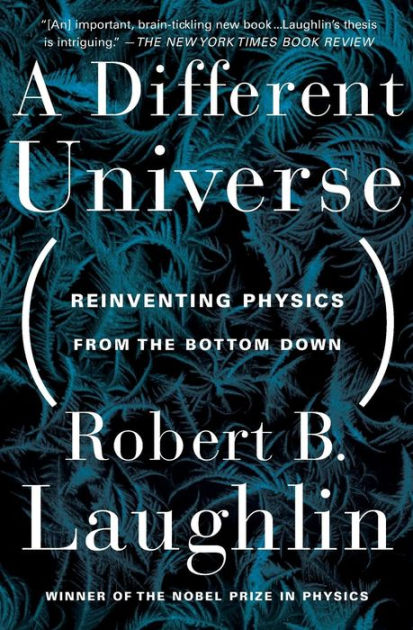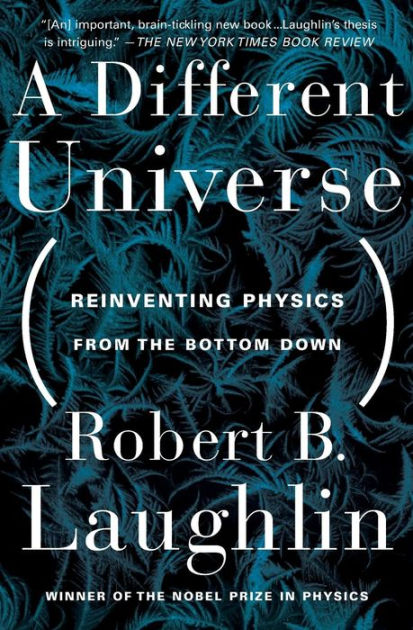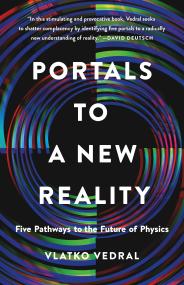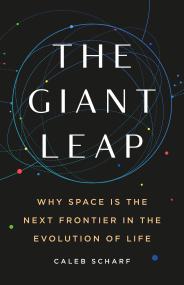A Different Universe
Reinventing Physics From the Bottom Down
Contributors
Buy from Other Retailers:
- On Sale
- Feb 28, 2006
- Page Count
- 272 pages
- Publisher
- Basic Books
- ISBN-13
- 9780465038299
In this age of superstring theories and Big Bang cosmology, we’re used to thinking of the unknown as impossibly distant from our everyday lives. But in A Different Universe, Nobel Laureate Robert Laughlin argues that the scientific frontier is right under our fingers. Instead of looking for ultimate theories, Laughlin considers the world of emergent properties-meaning the properties, such as the hardness and shape of a crystal, that result from the organization of large numbers of atoms. Laughlin shows us how the most fundamental laws of physics are in fact emergent. A Different Universe is a truly mind-bending book that shows us why everything we think about fundamental physical laws needs to change.
Genre:
-
"I started reading, and cliche though it be I couldn't stop... A Different Universe should be required reading for physics researchers, teachers and students..."New Scientist
-
"An important, brain-tickling new book."New York Times
-
"Science buffs and young scientists will find this a worthwhile challenge to business as usual in physics."Publishers Weekly
-
"This is an absolutely delightful book. It is charmingly written, bright, cheerful, funny, irreverent, and full of amusing stories. It also tells more about how the very strange world of quantum behavior blends into the very familiar world of everyday experience than any book I know...Laughlin really does know what he is talking about."George Whitesides, professor of chemistry, Harvard University
Formats and Prices
Price
$21.99Price
$28.99 CADFormat
Format:
- Trade Paperback $21.99 $28.99 CAD
- ebook $11.99 $15.99 CAD
Newsletter Signup
By clicking ‘Sign Up,’ I acknowledge that I have read and agree to Hachette Book Group’s Privacy Policy and Terms of Use






